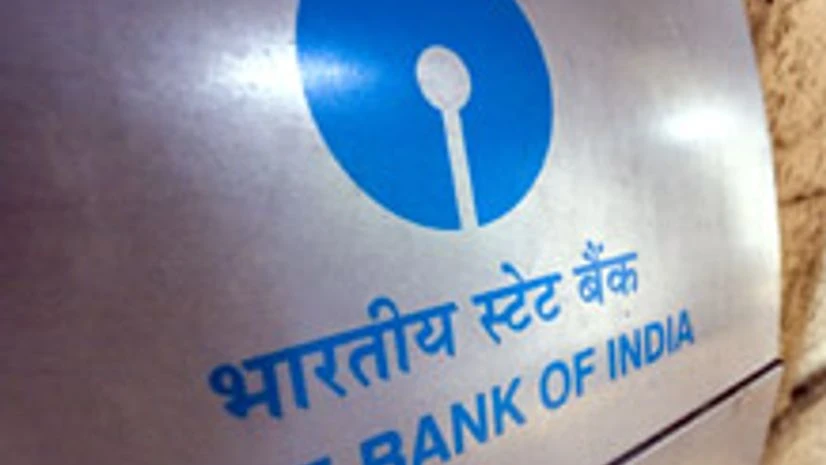A day after global ratings agency Moody’s cut the rating for State Bank of India’s debt and deposits, the country’s largest lender said the action was unwarranted, arguing it had more than adequate capital to meet regulatory norms and grow its business.
SBI is taking every possible step to improve asset quality, which has slipped due to stress from economic slowdown, said Arundhati Bhattacharya, managing director and chief financial officer.
The bank says it has become selective in lending to companies. It is giving credit to those with investment- grade ratings, to protect asset quality.
More From This Section
Bhattacharya said of Moody’s action, “They are overly concerned and there was no need for such action. The bank has more than sufficient capital to meet Basel-III norms. Going forward, we will not run short of capital to fund business growth and meet regulatory norms.” SBI’s capital adequacy ratio was 12.09 per cent, with tier-I of 8.89 per cent, in June (under Basel-III norms).
Moody’s had said the ongoing reliance on the fiscally constrained owner (government of India) to maintain capital at levels desired by the regulator (the Reserve Bank) had a bearing on the rating action.
Denying they were over-dependent on the government to get capital, S Viswanathan, another managing director of SBI, said much of the capital came from retained profit. The bank could also raise capital from the markets through a rights issue or other instruments. At present, the government holds 63 per cent stake. There is enough room to raise capital from the market, he added.
SBI has received Rs 10,900 crore of capital from the government in the past two years. The government has set aside Rs 14,000 crore to boost the capital levels of public sector banks (PSBs), including SBI, in this financial year.
The weaker economic conditions have affected asset quality, Bhattacharya said. SBI’s impaired loan ratio (gross non-performing assets, plus restructured loans) was 8.6 per cent at end-June, below the 11.5 per cent average for PSBs rated by Moody’s. Gross NPAs were 5.6 per cent of the total at end-June, up from 4.8 per cent in March.

)
